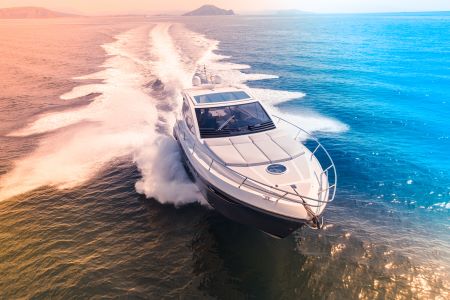What Are Florida Boating Accident Negligence Claims?

Boating can be a fun recreational activity. However, if you are injured while boating due to someone’s negligence, there is some important information you should know.
What is negligence?
Under the legal theory of negligence, a person is negligent when he or she fails to conform to a certain standard of conduct. If you get injured while on a motorboat or a sailboat, you must be able to prove that your injury resulted from someone’s negligence in order to be able to recover damages from that person.
Who is liable in a boating accident?
In order to determine who would be liable in a boating accident, it is important to first differentiate between the different types of boating accidents that typically occur.
- Collision with another boat: If there is a collision between two motorboats, both boats’ operators will usually be at least partly at fault, meaning that injured passengers on either of the boats would have a legal case against the operators of both boats. If one of the operators was injured, he or she would only have a claim against the operator of the other boat if the injured operator was less than fifty percent responsible for the collision. Furthermore, in a collision between a sailboat and a motorboat, the motorboat is more likely to be at fault because safe boating practices require motorboats to keep out of the way of sailboats.
- Hitting another boat’s wake: When a boat hits a big wake or wave, the jolt to the boat can knock the passengers down or throw them overboard. Federal and state boating laws and regulations, as well as safe boating practices, require the boat’s operator to keep a proper lookout for anything that might be a hazard to the boat and the passengers onboard. The liability of the operator will depend on a number of factors, including the size of the wake; the boat’s speed; the boat traffic in the area of the accident; whether the operator warned the passengers that the boat was approaching a big wake; and whether the injured person was on a motorboat or a sailboat.
- Collision with a submerged object, rock, or the land: In cases of poor visibility, such as from bad weather conditions, a boat can hit a submerged object or a rock. Whether the boat’s operator is liable for such an accident depends on the circumstances. For example, if the operator is speeding along in dense fog without charts or a GPS, and runs into an object, he will likely be found negligent.
- Failure to have proper safety equipment on board: Federal and state boating safety laws and regulations require boats to have various kinds of safety equipment on board, such as life jackets for each passenger, throwable life rings, navigational lights, flares, loud whistles, and fire extinguishers. While it is true that failure to have the proper safety equipment on board will probably not cause an accident, it can hamper necessary rescue efforts in the event of an accident. As such, failure to have the proper safety equipment on board could lead to a claim of negligence against the boat’s owner.
Have You Recently Been Injured in a Boat Accident? Contact Our Firm
If you were recently injured in a boat accident, please contact Rosen Injury Law. Our experienced Fort Lauderdale personal injury attorneys can help you hold the liable parties responsible for your injuries and will ensure that you are fairly compensated for any damages you suffered.

